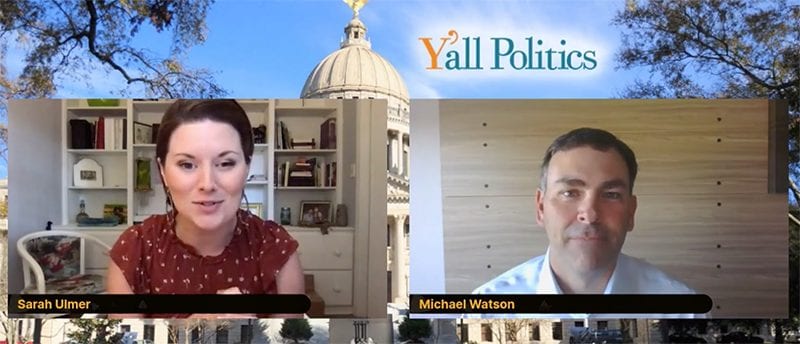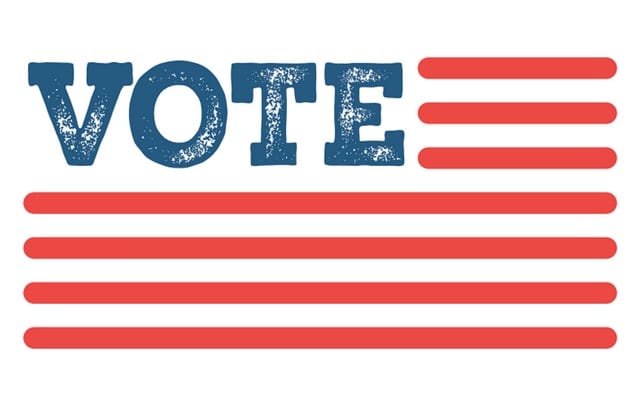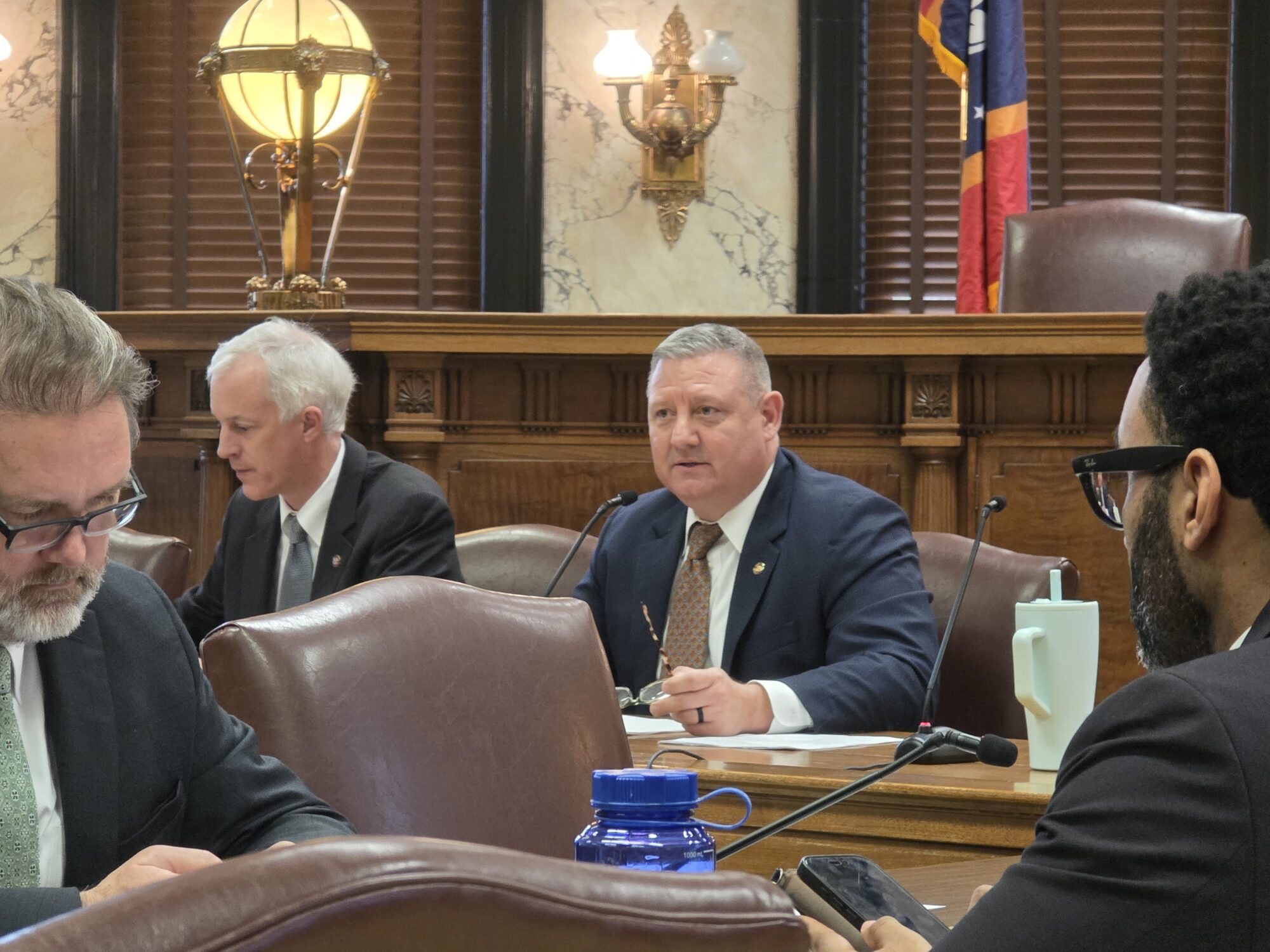
The general election in Mississippi is set for November 3. The ballot will feature the Presidential election, the U.S. Senate seat currently held by Sen. Cindy Hyde-Smith, Congressional seats, Mississippi Supreme Court justices, and three ballot initiatives: medical marijuana, a new state flag and a referendum on the election of statewide officials.
According to Secretary of State Michael Watson, his office is expecting a larger turnout between absentee ballots and in person voters this year than was even seen in 2016, when President Donald Trump ran against Democratic nominee Hillary Clinton.
In 2016, a total of 102,915 absentee ballots were received and just over 110,000 were requested. With three weeks remaining before the election this year, the Secretary of State’s office has seen requests for 91,474 absentee ballots with over 58,000 already returned. Watson said these numbers indicate that the turnout in the 2020 election will be above 2016.
In 2016 the following counties had the highest returned and accepted absentee ballots:
Desoto County – 6138
Harrison County – 5019
Hinds County – 5255
Jackson County – 2934
Lauderdale County – 3093
Madison County – 3886
Rankin County – 6127
Currently for the 2020 election these same counties have already returned the highest number of ballots to the Secretary of State’s office.
DeSoto County – 3373
Harrison County – 5122
Hinds County – 5245
Jackson County – 2478
Lauderdale County – 1573
Madison County – 2934
Rankin County – 4310
In addition, Lafayette County has so far returned 2085 ballots, which comes close to their 2016 absentee ballot total of 2290.
While there is a chance ballots can be rejected due to a variety of improper submissions, the majority of counties from 2016 did not see any rejected ballots. If they did, it was a minimal number in comparison to the amount received.
Total voter turnout in 2016’s Presidential election was down from 1,285,584 in 2012 to 1,209,357, a decline of roughly 76,000 votes. At the time, then Secretary of State Delbert Hosemann said it would be difficult to pinpoint why the turnout was lower.
This year, absentee ballots will not be sent to the precincts. Instead, they will be counted at the county courthouse in order to ensure election integrity. Secretary Watson said this action took a lot of pressure off of poll workers, allowing them to focus on safety and security as voters come to the polls.
Watson attributes possible high turnout to the national atmosphere around politics and the additional initiatives that have been publicized through the media.
“You also have this attitude and atmosphere on the national level where people are plugged in one way or another. You either love or hate President Trump, so you’re excited to either vote for him or against him,” said Watson. “As well as the impact that COVID is going to have on this election.”
Mississippi law does allow for some “excuses” in order to vote absentee, whether in person at the Circuit Clerk’s office or by mail. The Legislature made adjustments this year to who could vote absentee, giving a temporary excuse to those who have been instructed by a doctor not to make their way to the polls. Changes were also made as to when ballots could be submitted before the election.
Watson said these changes have allowed for early voting, whether anyone is calling it that or not. He expects to see lawmakers discuss whether that continues to be allowable in Mississippi after this election when they return for the 2021 session.
This year, voters face the added concern of COVID-19. Watson said in the interview that there will be precautions taken, such as increased PPE provided at polling locations. He said every county had all of the materials needed by Monday.
“When people go to the precincts, I want them to be assured that it is clean and safe. You’re going to see masks, you’re going to see face shields, you’re going to see gloves, you’re going to see hand sanitizer, you’re going to see wipes, you’re going to see cleaning materials,” said Watson.
Poll workers will be required to wear masks and sanitize voting stations between uses. Voters, however, are not required to wear masks, something Watson says he stands behind on a constitutional principal.
With no statewide mask mandate in effect, Watson said he believes requiring someone to wear a mask in order to vote infringes on their constitutional rights.
“I think that is unconstitutional, that voters should be able to receive a ballot without wearing a mask. You cannot deny someone a ballot if they don’t have a mask on,” said Watson.
Prior to the General Election, there was a Special Election for several House and Senate seats which turned into a Run-off for all four of them. That runoff was held on October 13, and Watson said the same safety measures applied.
View 2016 absentee ballots by county below:
2016 Absentee Ballot Summary Report by yallpolitics on Scribd











